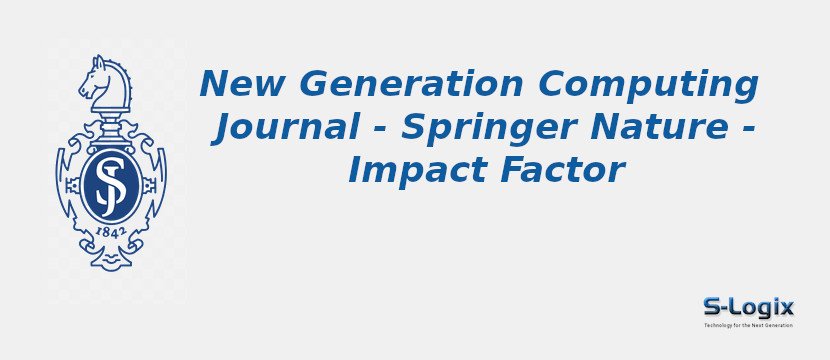Journal Home: Journal Homepage
Editor-in-Chief: Yutaka Matsuo
Print ISSN: 0288-3635
Electronic ISSN: 1882-7055
Abstracting and Indexing: Scopus, SCIE
Imapct Factor 2024: 2.8
Subject Area and Category: Computer Science, Computer Networks and Communications, Hardware and Architecture, Software, Mathematics, Theoretical Computer Science
Publication Frequency:
H Index: 35
Q1:
Q2: Computer Networks and Communications
Q3:
Q4:
Cite Score: 7.4
SNIP: 1.203
Journal Rank(SJR): 0.472
Latest Articles: Latest Articles in New Generation Computing
Guidelines for Authors: New Generation Computing Author Guidelines
Paper Submissions: Paper Submissions in New Generation Computing
Publisher: Springer Japan
Country: Japan
